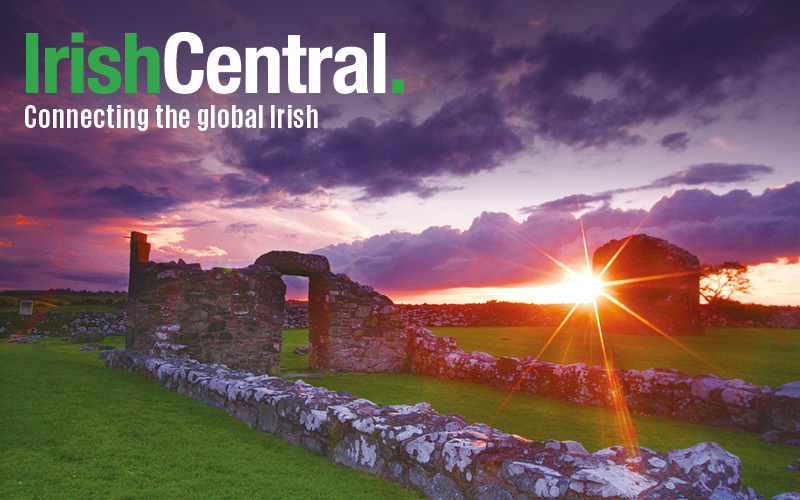Archbishop of New York, Timothy Cardinal Dolan, has slammed Donald Trump’s anti-immigration stance as a “sad return to a terrible American tradition.”
In a powerful article published in the New York Daily News, Cardinal Dolan spoke out against the nativist beliefs of Trump, citing his own Catholic beliefs as the reason why he could not back the billionaire’s campaign for presidency.
Dolan looks back at his time teaching university classes in American religious history, chronicling “the ugly phenomenon called nativism...organized, white, Protestant antagonism toward the Catholic immigrant” throughout the past 200 years.
“It flourished in our country during the 1840s and 1850s — actually becoming a popular political party, the Know-Nothings — and appeared again, in the 1870s, as the American Protective Association; in the 1920s, as the KKK; and during post-World War II America, as Protestants and Other Americans United for Separation of Church and State,” he states.
Trump, Dolan believes, is 2015’s resurrection of the nativist tradition, the tradition that believes immigrants are a threat to Americans and that the country would be better off without them.
“These nativists believed the immigrant to be dangerous, and that America was better off without them,” he wrote.
“All these poor degenerates did, according to the nativists, was to dilute the clean, virtuous, upright citizenry of God-fearing true Americans.”
Dolan recalled how his students reacted with disbelief upon hearing him state that such nativist opinions had never truly left the American psyche.
New @QuinnipiacPoll: @realDonaldTrump tops GOP pack pic.twitter.com/o0DVrNHWtc
— Morning Joe (@Morning_Joe) July 30, 2015
“This point my students would not buy,” he said. “‘Father Dolan,’ they would say, ‘there’s no denying that this bigotry was there in our past. But, come on! Who could ever believe now that immigrants are dirty, drunken, irresponsible, dangerous threats to clean, white, Protestant, Anglo-Saxon America! Those days are gone.’”
Referring to the GOP candidate as his “Trump card”, he proclaims, “Nativism is alive, well — and apparently popular!”.
Outlining the two popular American stances on immigration throughout history, the New York Archbishop describes the nativist as one who regards immigrants as “the unwashed, ignorant, bothersome brood as criminals and misfits who threaten ‘pure America,’ and are toxic to everything decent in the United States.”
Dolan says those who think differently hold “the more enlightened and patriotic view.” These Americans see “the immigrant as a gift to our nation, realizing that the only citizens whose ancestors were not immigrants are the Native Americans.”
Despite acknowledging that many in this more “enlightened” group still believe in the need for border control, and regulations, policies and laws regarding immigration, he affirms that they also believe that “to welcome them [immigrants] is virtuous, patriotic and beneficial for the economic and cultural future of our country.”
As well as his Catholic beliefs, Dolan’s beliefs as an American also come into play in his criticism of Trump.
“As an American, I take equally seriously the great invitation and promise of Lady Liberty,” he continues.
“It’s one of the reasons why I am so eager to share with Pope Francis the wonderful work being done by our Catholic Charities to assist immigrants who come to New York, and look to the church for assistance and a warm welcome.”
"I think I'll win the Hispanic vote." @realDonaldTrump has arrived at the U.S.-Mexico border: http://t.co/CjfHuVnamh pic.twitter.com/N8jgw6CxhX
— CNN (@CNN) July 23, 2015
Border union expected to host Trump in Laredo, TX has backed out of meeting: http://t.co/fSFbCX9smK pic.twitter.com/lfTfhTRwFR
— ABC News (@ABC) July 23, 2015
“I am not in the business of telling people what candidates they should support or who deserves their vote,” Dolan concludes. “But as a Catholic, I take seriously the Bible’s teaching that we are to welcome the stranger, one of the most frequently mentioned moral imperatives in both the Old and New Testament.”




Comments